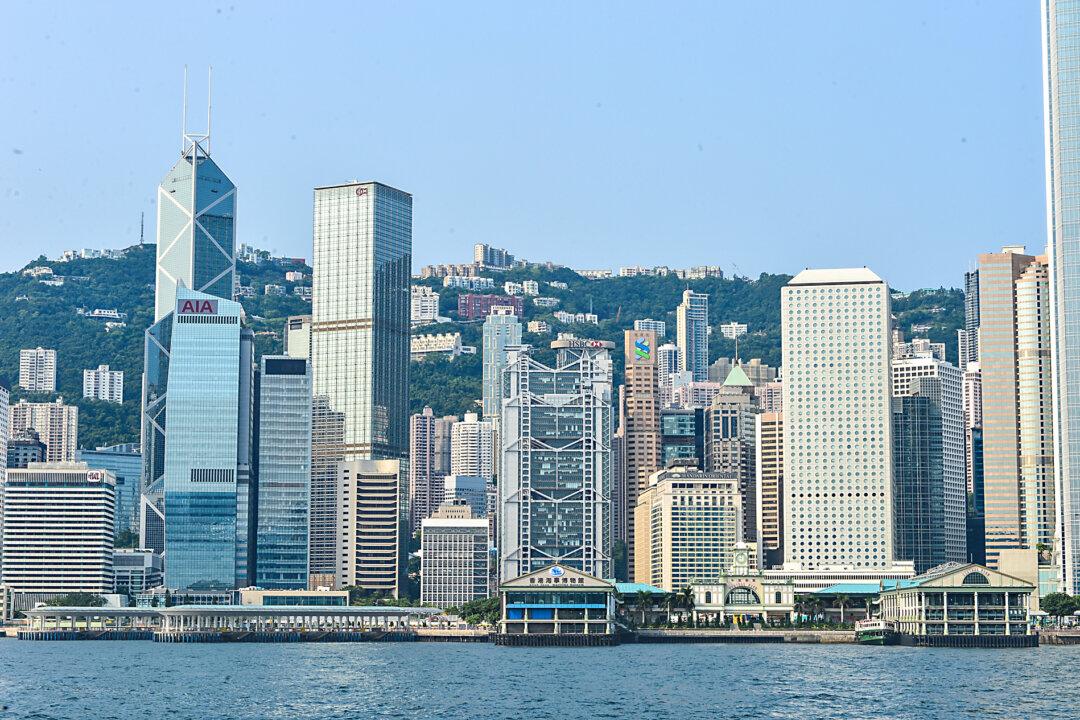For every election of Hong Kong’s chief executive since the region’s handover to China, Li Ka-shing, Asia’s most prominent billionaire, has publicly backed a candidate for the city’s top office. This election, however, Li demurred.
The four candidates are old friends, Li explained at a press conference on Feb. 19; picking a favorite could “offend people,” he added.
Li’s coyness is unusual. The real estate, shipping, and retail tycoon didn’t scale Hong Kong’s business world, then sit atop it for decades, by treating those around him like snowflakes. He has also in the past been unafraid to back a sure loser—in the last election, he supported Henry Tang over Beijing’s man Leung Chun-ying, who holds the post today.
In China, the factional struggle between the Xi Jinping administration and the Jiang clan is observable through Xi's anti-corruption campaign.




